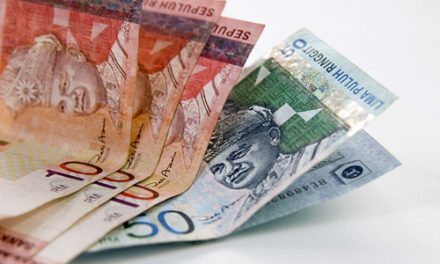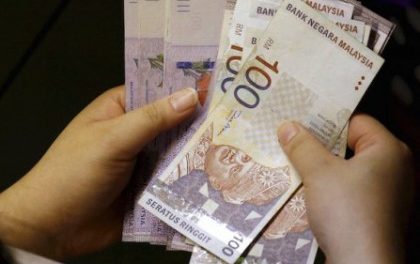Malaysia’s urban poor prefer income-generating assistance to cash handouts
The cash handouts provided by the government to assist low-income households in cities during the Covid-19 pandemic has been helpful, but most would prefer sustainable assistance instead, according to a new study by Unicef and the United Nations Population Fund (UNFPA). Titled “Families on the Edge”, the study focuses on the impact of the Covid-19 pandemic on Malaysia’s urban low-income families during the movement control order (MCO). Public policy and research institute DM Analytics’ managing director Muhammed Abdul Khalid said the most common form of preferred sustainable assistance is micro-loans to start their own business. “Essentially they want the ability to generate income, rather than handouts to reduce their costs,” he said. A handful of households face issues due to illiteracy, procedural issues, do not qualify due to the registration of their business with the Commission of Companies, logistical issues, among others. (Malay Mail)
Parliament approves raising govt debt ceiling to 60%
Malaysia’s Parliament today approved the government’s plan to raise its debt ceiling for the first time in more than a decade, as South-east Asia’s third-largest economy grapples with the economic fallout from the coronavirus pandemic. Parliament voted to allow the government to borrow up to 60% of GDP as part of temporary measures to mitigate the effects of the pandemic on the public and local businesses. The last time Malaysia raised its debt ceiling was in July 2009 during the global financial crisis, when it increased its maximum borrowings by 10 percentage points to 55% of GDP. The latest raising of the debt ceiling was part of a temporary bill to enable government financing for economic stimulus packages and recovery plans and related matters. Measures under the bill expire at the end of 2022. (Malay Mail)
Microsoft’s data centre in Johor 40% complete
The Johor state government today announced that global technology giant, Microsoft, is building a data centre in Kulai district. Johor Mentri Besar Datuk Hasni Mohammad said the construction of the centre is now 40% complete, and the development would be able to stimulate the economic sector and provide job opportunities in the state. “It will also attract Microsoft network companies to come to Johor to invest here…that is the advantage of developing the data centre,” he said. At the same time, Hasni said that the state government had also received enquiries from a Japanese technology company which has shown interest to build a data centre in Johor. (Malay Mail)

China’s Zodiac to invest RM1.5 billion in Malaysia to develop 5G chips
Zodiac (China) Applied Science and Technology Research Centre Ltd (Zodiac) is planning to set up a manufacturing base in Malaysia to develop 5G chips and encapsulation technology. It is looking at an initial investment of up to RM1.5 billion, according to a company statement. According to its official website, Zodiac is a high-technology enterprise with high-frequency integrated circuit (IC) design competencies, packaging and testing capabilities, and satellite receiving system design and production technology. It is also venturing into the development of six-generation (6G) technology. The Malaysian project, on a 500-acre parcel of land, will be its second production facility. As detailed negotiation with a state government is still ongoing, the company did not reveal the location of the Malaysian project. Zodiac’s first facility, located in Quanzhou, China, has been operational since 2018. (The Star Online)
Pharmaniaga expects Covid-19 vaccine as early as Q1 2021
Pharmaniaga Bhd expects Covid-19 vaccine, which is currently undergoing clinical trial in countries such as India and China, will be available in Malaysia in the first or second quarter of 2021, said its CEO and acting managing director, Mohamed Iqbal Abdul Rahman. “Most of them (vaccine developers) have announced they will come out with the vaccine by end-2020, so my personal view is that they will support their locals first before offering it to other countries. So, when Malaysia receive the vaccine, our plant is ready to bottle it almost immediately,” he said. He added that once the vaccine received the approval from the government and has met the statutory requirements under the National Pharmaceutical Regulatory Agency (NPRA), it will get to the market. The company is pumping in RM2 million to repurpose its existing small volume injectable (SVI) plant in Puchong for Covid-19 vaccine fill and finishing process. (Malay Mail)





